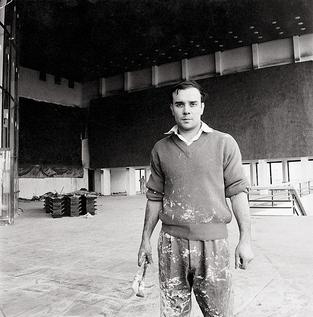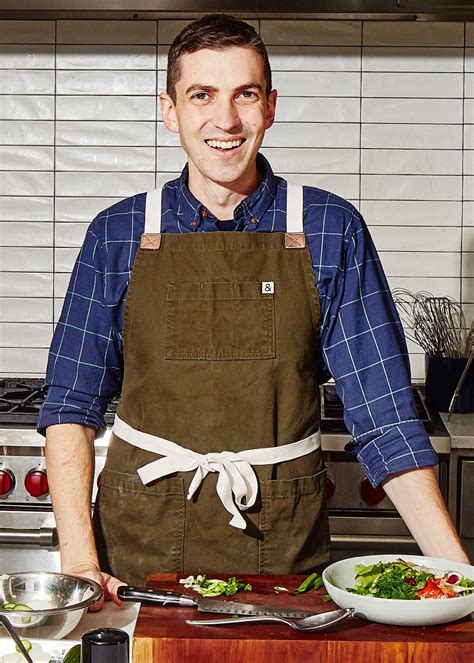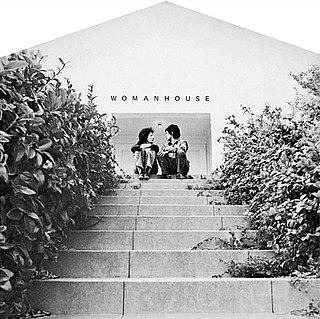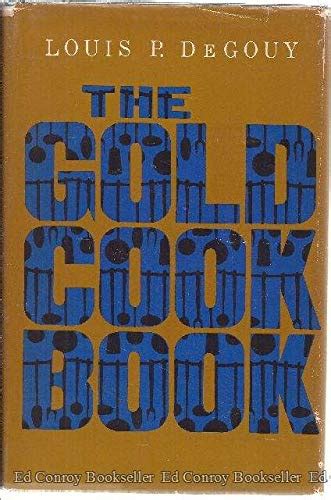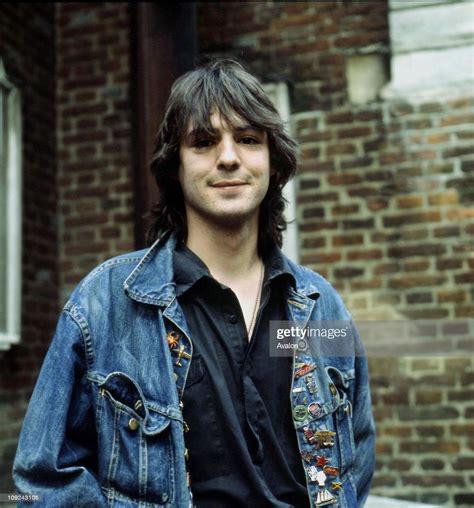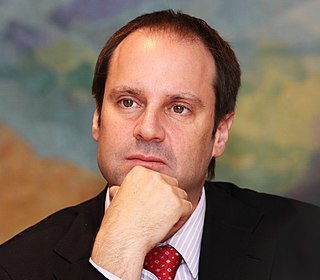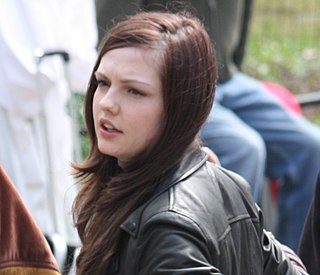Top 88 Leftovers Quotes & Sayings - Page 2
Explore popular Leftovers quotes.
Last updated on November 8, 2024.
Glen had a disability more disfiguring than a burn and more terrifying than cancer. Glen had been born on the day after Christmas. "My parents just combine my birthday with Christmas, that's all," he explained. But we knew this was a lie. Glen's parents just wrapped a couple of his Christmas presents in birthday-themed wrapping paper, stuck some candles in a supermarket cake, and had a dinner of Christmas leftovers.
The freedoms we have in Russia are just leftovers. Freedom of travel, which was completely nonexistent in the Soviet Union; artistic freedom - so far, that's doing fine too, virtually everything can be published. Although with some books that are too edgy politically, or are especially undesirable, the authors are already running into difficulties. Theaters that produce provocative plays, or clubs that host undesirable events often find themselves on the receiving end of fire safety inspections and fines.
Damon Lindelof said, "There are three kinds of prophets - crazy people, like the Guilty Remnant, false prophets, who just want money, sexy and power and use that to get it, and real prophets - and you're a real prophet in 'The Leftovers'. The voices that speak to you never tell you a lie." And I said, "Name me some real prophets." He said, "Buddha, Jesus and Muhammad." I said, "Which one am I?" And he said, "None of them. You're probably closer to Moses than anyone."
There were always more Negroes in the field than there was Negroes in the house. The Negro in the field caught hell. He ate leftovers. In the house they ate high up on the hog. The Negro in the field didn't get nothing but what was left of the insides of the hog. They call 'em "chitt'lin'" nowadays. In those days they called them what they were: guts. That's what you were -- a gut-eater. And some of you all still gut-eaters.
I love to cook, but, after spending a full day in the Bon Appetit test kitchen, the last thing I need to do is start chopping onions all over again when I get home. That means dinners can be a bit scrappy: reheated leftovers from my weekend prep, fridge-dump salads, or just taking whatever I can find and putting a scoop of cottage cheese on it.
Women have always collected things and saved and recycled them because leftovers yielded nourishment in new forms. The decorative functional objects women made often spoke in a secret language, bore a covert imagery. When we read these images in needlework, in paintings, in quilts, rugs and scrapbooks, we sometimes find a cry for help, sometimes an allusion to a secret political alignment, sometimes a moving symbol about the relationships between men and women.
The Leftovers was an absolutely extraordinary experience. After the first season of learning to work with Damon Lindelof and Tom Perrotta, and all of the writers, you didn't question it because it all made sense. Because Damon knows those characters so well and has thought it through so well, there was never a time that I asked a question where it wasn't answered fully.
Human beings are themselves considered consumer goods to be used and then discarded. We have created a “disposable” culture which is now spreading. It is no longer simply about exploitation and oppression, but something new. Exclusion ultimately has to do with what it means to be a part of the society in which we live; those excluded are no longer society’s underside or its fringes or its disenfranchised – they are no longer even a part of it. The excluded are not the “exploited” but the outcast, the “leftovers”.
One percent of the nation owns a third of the wealth. The rest of the wealth is distributed in such a way as to turn those in the 99 percent against one another: small property owners against the propertyless, black against white, native-born against foreign-born, intellectuals and professionals against the uneducated and the unskilled. These groups have resented one another and warred against one another with such vehemence and violence as to obscure their common position as sharers of leftovers in a very wealthy country.
I love cooking and eating - I'm a total foodie. It started off as a survival thing as a student, when cheese and potato pie was all I could afford to make. My most successful results come from concocting something with leftovers. Any chef will tell you that you should taste as you cook, so I might make it a bit more spicy, yogurty or eggy.
That one long scene in the Leftovers I have with David Gulpilil was seven pages long. When we finished it, Mimi Leder said, "I thought you were gonna do this in bits and pieces. You just did the whole thing." And I literally couldn't remember the scene. It wasn't that I was in a trance. I said, "Just keep shooting takes until you see what you want." In 48 years of acting, which is also how long I've been married, that had never happened to me.
I think one of the problems in determining the ending for a television series is that you don't know how long the show is gonna last. Particularly because we were in the unique position of adapting Tom's Perrotta novel The Leftovers, it always felt like the first season was gonna end with the end of Tom's novel, and then we would figure things out from there and look back.
We're not giving what we're called to give, unless that giving affects how we live - affects what we put on our plate and where we make our home and hang our hat and what kind of threads we've got to have on our back. Surplus Giving is the leftover you can afford to give; Sacrificial Giving is the love gift that changes how you live - because the love of Christ has changed you. God doesn't want your leftovers. God wants your love overtures, your first-overs, because He is your first love.
The third season of the Leftovers came along and Damon Lindelof sent me the script to Episode 3, and I called him up and thanked him for one of the greatest gifts I've been given. I had that script for almost two months, in the mountains in Idaho, before I even got on a plane and flew to Australia and went to the outback. He also told me to learn about the indigenous people in Australia and learn how to play a didgeridoo. It was just great. It was probably, in many ways, the best acting experience I've ever had.







